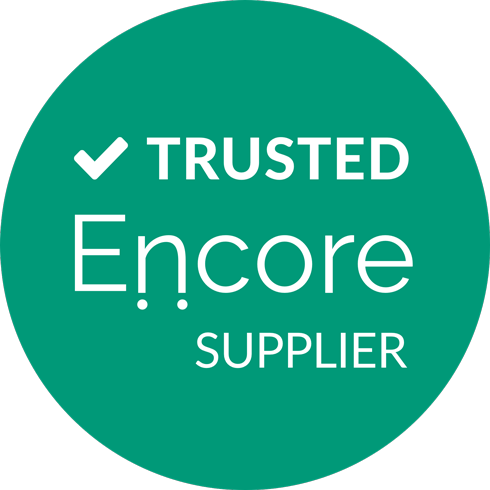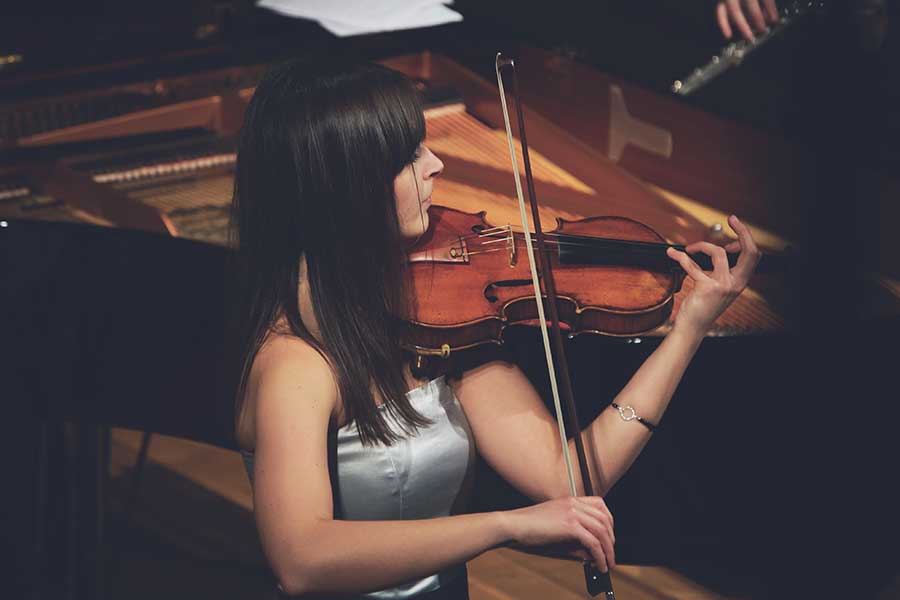If you’ve never been part of a recording session before, then here are a few things to know for when it comes time for you to take the plunge into the realm of recording.
1 – If you can hear it, so can the microphones
When recording a musician who requires a piano stool, a common problem we find is the microphones will pick up those irritating stool squeaking sounds! Microphones will hear anything and everything. Be sure that the equipment you use for the recording session is totally silent, including your own instrument.
Additionally to your own equipment, if you plan to use your own venue rather than the ones we work with, please check that they are very quiet. Things to listen out for are; air conditioning / handling units, noisy lighting systems (some lights, particularly LEDs, can have a consistent high pitched ring), door sounds and people walking directly outside the venue (i.e. corridors), nearby traffic, any shops / cars which could let of an alarm (this happened to us once when working in a church and didn’t stop of 30 minutes!).
Essentially, sound proof rooms are best. They tend to be more expensive, but you are paying for the assurance of a good quality sounding room, with no interior or exterior sound interference which will be picked up by the microphones and is usually too difficult to remove afterwards. Our media packages include venue hire in the Carole Nash Hall and The Stoller Hall – in our experience these are some of the best venues for recording in the country.
2 – Have one clear purpose for the session
The most unproductive recording sessions are the ones where musicians try to do too much in one go. It becomes overwhelming, things get stressful, and that can end up affecting your performance. The best sessions are with musicians who have one clear goal. For example:
• To record three pieces for a competition application.
• Film one piece to promote a recent album launch.
• Record a selection of short pieces showing a range of capabilities.
3 – Things always take longer than you think
Our experience shows that it’s worth allowing at least an extra 30 minutes into your schedule for possible delays, problems and any music that ends up needing a few more takes than anticipated. Nothing truly functions like clockwork, except Japanese transport, so ensure you have some contingency time.
4 – A producer can often make or break a recording session
You want to playing at your best for any recording session, but especially when recording music for an album release. Recording sessions can be a lot more stressful than first anticipated, so if you have a lot at stake, it would be worth bringing a musician friend, teacher or professional producer to assist you. Often, in the moment, you aren’t always the best person to judge your playing. It usually works well to have someone else who knows the music you’re playing to give feedback where necessary.
On the other hand, we will be directing the sessions, particularly for the filming. What can ruin a session is having a dominating producer take control of everything which makes our job difficult. If you can’t decide whether a producer is worth having, let us know what you have in mind and we can help you think through the options.
5 – Have spares of everything
You want to be prepared for worst case scenarios on every level. It’s obvious that spare strings are a must, but as pessimistic as it may sound, think about every problematic eventuality and ensure you have an efficient solution so that time-loss is minimised.
6 – Bring your own monitoring equipment
If you’re a band who requires fold-back / in-ear-monitoring we would recommend bringing your own system as it’s specific for each band and you want the sound coming back to you to be familiar and comfortable.
If you don’t have any monitoring equipment but do require it, let us know and we may be able to provide a system.

Resources for Classical Musicians
Emails to help and inspire you.
No spam, we promise.
Join us by hitting that subscribe button!





